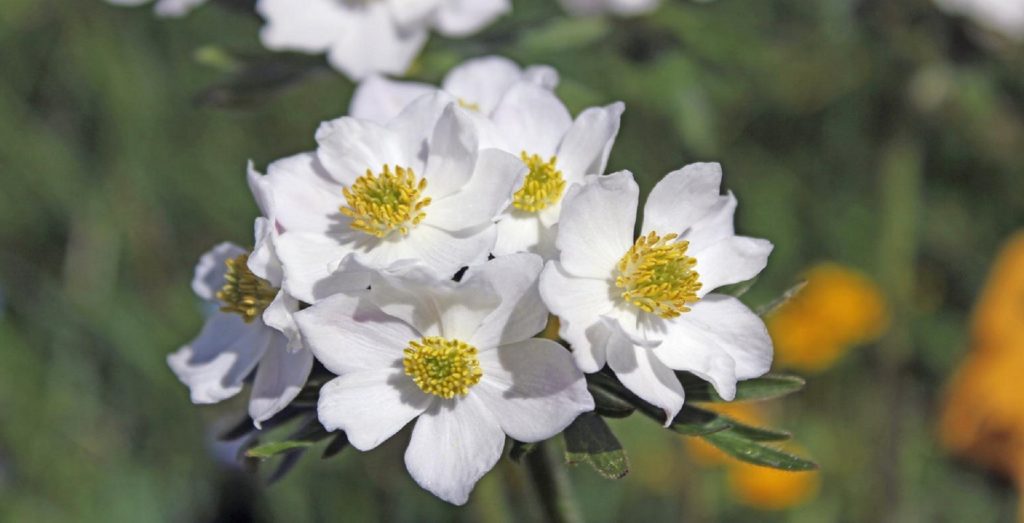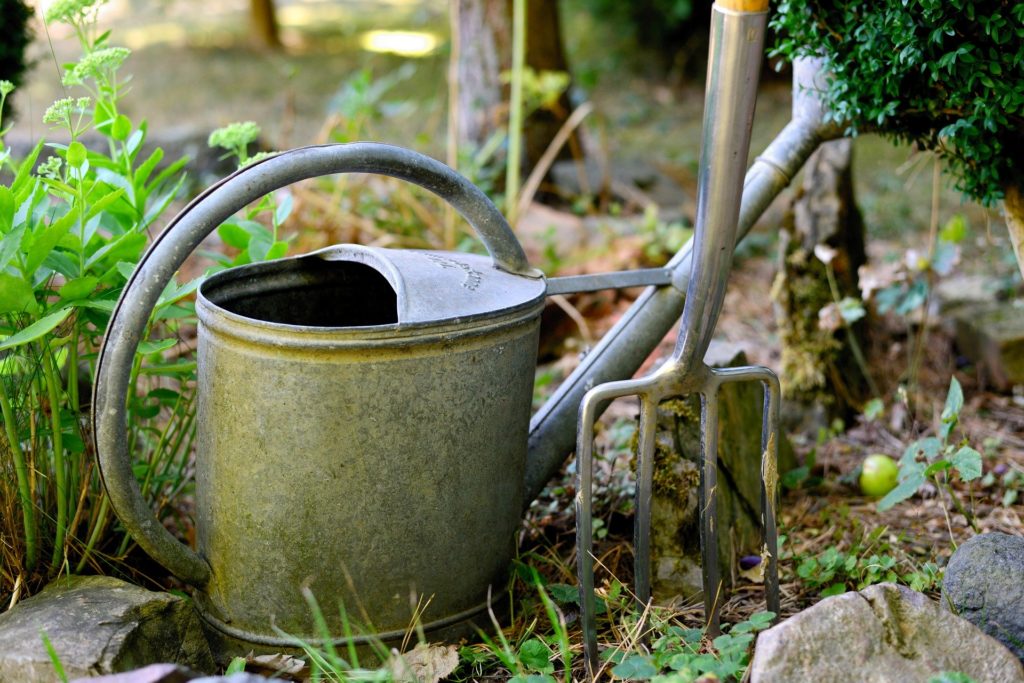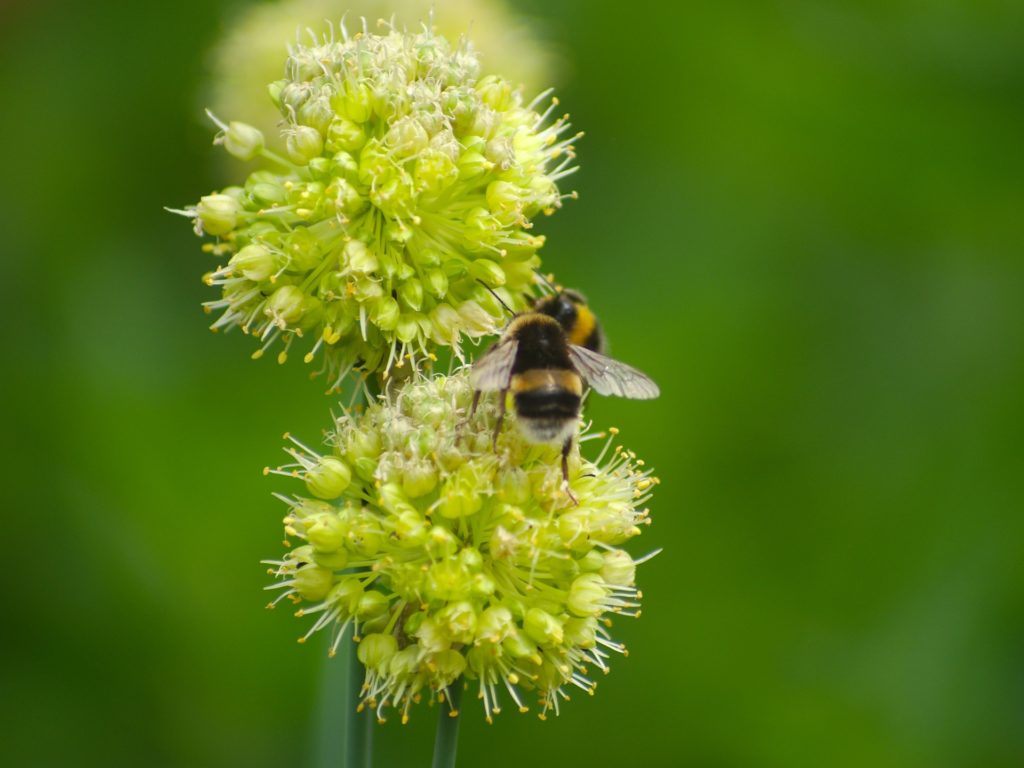Barely a day goes by without a new article, a research report or the eminent opinions of those in the know, about the pressures of modern-day living and its impact on mental health and wellbeing. In this blog, we take a look at Ecotherapy, what is it and how we can all get involved.
Increasing numbers of people rely on antidepressants or self-medicate with drugs or alcohol. Indeed, the BMJ has reported that the number of prescriptions for antidepressants in England has almost doubled in the past decade. Moreover, the number has been steadily increasing year-on-year with:
67.5 million prescribed in 2017
Is it really that surprising when there’s seemingly no let-up in the pressure and stress of daily life? So much time is spent away from green space. Time is spent behind closed doors or staring blankly at the brake lights of the car in front. We live in a world where the easiest way to connect with nature is by ‘viewing’ rather than experiencing it through panes of glass or LCD screens.
Oh, how we’re missing out!
 What is Ecotherapy?
What is Ecotherapy?
Medication does provide essential treatment and is immensely beneficial for some. However, we might also recognise that Mother Nature already provides an easily accessible way to reconnect with inner-peace and mental tranquillity every day. Instinct tells us that nature at first hand ignites the senses, reaches into the soul and strips away layer upon layer of the daily grind!
Ecotherapy is also known as Green Therapy, Green Care, Horticultural Therapy end Ecopsychology, and it’s certainly not a new idea. The human connection with nature has been well documented for decades. In 1984, Edward O. Wilson presented his Biophilia Hypothesis and argued that people have an innate predisposition to connect with nature. He described it as “the urge to affiliate with other forms of life”. In fact, the word biophilia means ‘love of life or living systems’ and has been used to describe a psychological attraction to all that is alive and full of vitality.
So How can Nature’s Prescription heal?
Some call it Ecotherapy. Others call it going for a good walk, climbing a Tor, caring for animals or doing a bit of gardening. Whatever your preference, there is undeniably a wide range of ways in which you can improve your mental and physical wellbeing by connecting with nature. These activities all centre around spending time outdoors. If you have a garden, large or small, or even a balcony or window ledge, you can get involved in a wide range of techniques that will make the most of your space. Things like designing a hanging basket that’s the envy of your neighbours, Tidying up the beds and borders in the garden. Even planting up a window-box with some micro-veg will provide you with a profound sense of satisfaction in a job done well as you step back to admire your handy work.
Nature’s Prescription at Antony Woodland Garden
In the Gardens, Mother Nature has awoken from her winter slumber. She has roused the bulbs and is nudging the trees into leaf. On a fine day, especially when the sun’s warmth penetrates the tree-tops, the woodland is alive with mellifluous bird-song. Here and there, the first insects are tentatively trying their wings on the yet chilly breeze.
A good walk in natural surroundings can work wonders.
No matter your individual circumstances and let’s face it, we all struggle a bit from time to time, you can positively influence your wellbeing. Set some time aside to be outdoors. Feel the sun on your back (hopefully). Hear a gentle breeze rustling in the nearby trees and the smell of cut grass as it teases your nostrils.
Why not learn a new skill to plug the gaps in your knowledge? You could emerge with some newfound friendships and even a nationally recognised qualification to your name.
The Woodland Gardens open again on Sunday 1st March at 10.30am.
BOOK YOUR TICKETS HERE »
Sarah Bartlett
Please note, if you are taking medication and are thinking of switching to an alternative treatment, or adding a new form of treatment, it’s always a good idea to consult your doctor first. Your doctor will be able to advise you on how to make these changes safely.